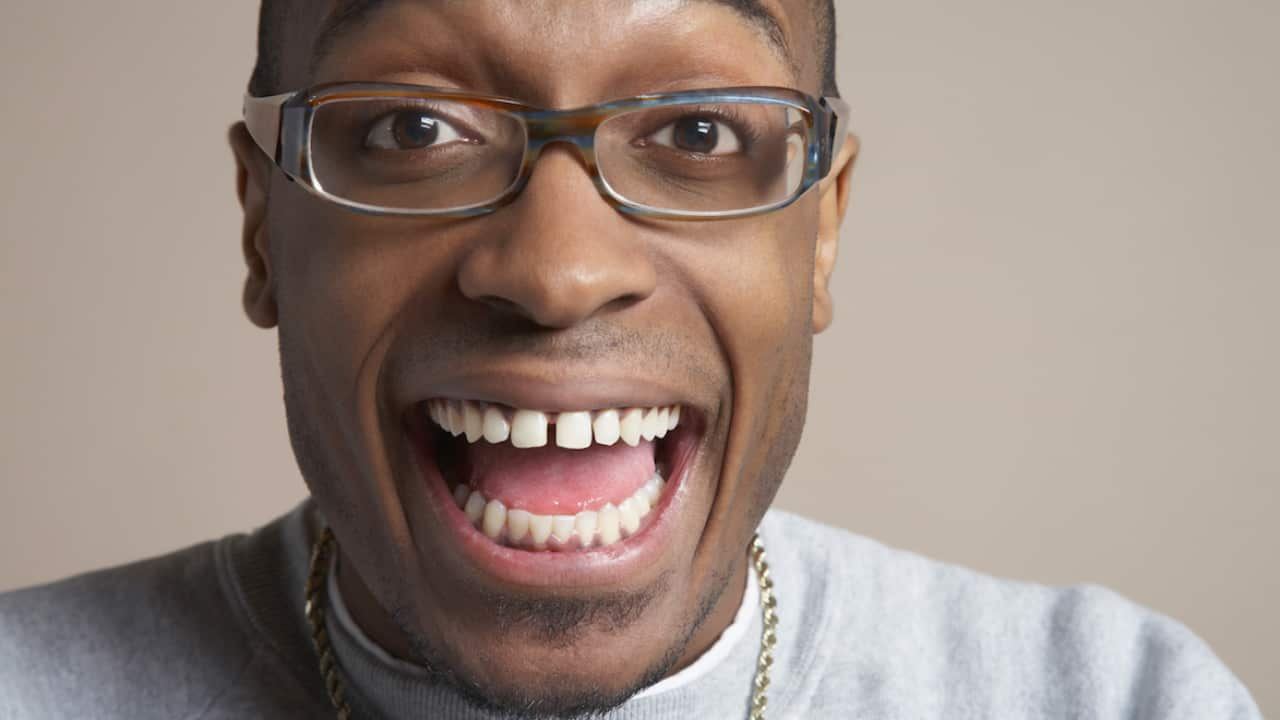In a whirlwind of interviews in the closing weeks of his presidency, Barack Obama spoke to ‘Daily Show’ host Trevor Noah about politics, Hillary Clinton’s loss, and the issue of race in his presidency.
In his final question, Noah asked the outgoing president how he balanced speaking his mind about racial issues without alienating others.
“There has not been a time in my public life or my presidency where I feel as if I have had to bite my tongue,” the former president responded.
“There have been times in my public life where I’ve said, ‘How do I say this diplomatically? How do I say this, as you indicated, in a way that it’s received?’”
“So there have been very few instances where I’ve said, ‘Well, that was racist, you are racist.’”
“There have been times where I’ve said, ‘You know, you might not have taken into account the ongoing legacy of racism in why we have so many black men incarcerated. And since I know that you believe in the Constitution and believe in justice and believe in liberty, how about if we try this?’”
Recommended:

Why you should laugh at racism
Many interpreted Obama's response as a pointed contrast to his vanquished would-be successor, Hillary Clinton, who during her campaign labelled half of her rivals supporters a “basket of deplorables” who were racist, sexist, homophobic, xenophobic or Islamophobic.
The slam appeared to galvanise some Trump supporters, thousands of whom jokingly self-identified as ‘deplorables’ on Facebook.
“There may be times where you just have to call things out and name names,” Obama said, “but the challenge we face today, when it comes to race, is rarely the overt ‘Klansman-style’ racism.”
“It’s somebody not getting called back for an interview, although it’s never explicit. Or it’s who gets the TV acting job, the actress who doesn’t quite look the part, and what does that mean?”
“And in that environment – where you’re not talking necessarily about cut and dried racist behavior, but rather about the complex ways in which society is working these issues through – trying to reach folks in ways that they can hear, I think, is important.”
Obama said that he believed people were generally good, and open to “learning and caring” about justice and equality.
“Some might say, well, you’re not speaking fully truth to power because of that diplomacy. But I don’t think that trying to appeal to the ‘better angels of our nature’, as Lincoln put it, is somehow compromised,” he said.
The president did add, however, that everyone has a different role to play.
“If Chris Rock’s doing stand-up then there is a benefit to him doing something that is different from the President of the United States doing something. For one thing he doesn’t have to edit his language quite as carefully, because I am still subject to, you know, some restraints,” he said.
“Those seven words George Carlin talked about, I can’t use those as a general proposition because a lot of children are watching. I try to comport myself in a way my mother would approve of.”







